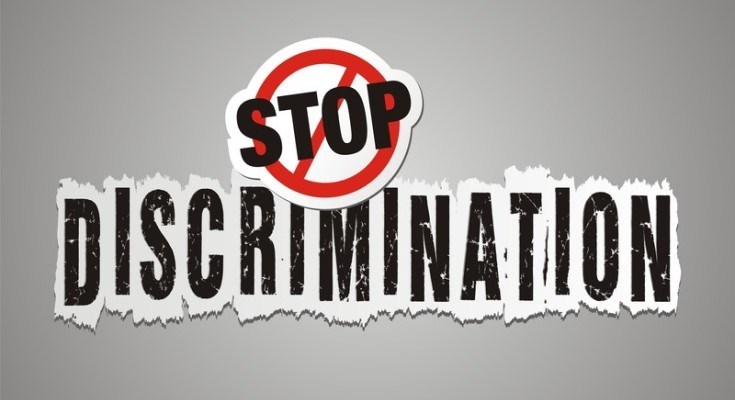Government Body Responsible For Housing Discrimination
Fortunately, however, the Department of Housing and Urban Development or HUD for short, is tasked with the responsibility of enforcing the Fair Housing Act. The Fair Housing Act strictly prohibits intimidation and discrimination towards individuals in regards to getting a home, renting an apartment as well as the stipulations of a mortgage loan.
The opportunity to get homeownership or rental housing is the main objective of the nation’s housing policy. Any provider who refrains from selling or renting properties to individuals based on religion, sex, race, disability, or familial status is in direct violation of the law. Let’s take a look at what the Fair Housing Acts cover, exemptions, what it prohibits property owners from doing as well as your rights and the choices you have if you feel like you have been treated unfairly.
Who Does The Fair Housing Act Cover And For What Type Of Housing?
The Fair Housing Act strictly prohibits housing discrimination against people because of:
- Sex
- Race
- Religion
- Disability
- Familial Status
Exceptions
There are 4 exceptions to the Fair Housing Act
1) Units of a building that have a maximum of four units, one of which the owner resides.
2) Property is owned by a religious organization. However, the law stipulates that preference can only be given on the basis of membership with that religion and they cannot give preference for anything else such as nationality, sex, or disability.
3) Property which is owned by a private organization that provides housing opportunities to members only.
4) Single-family homes. The law states that if the house owner does not own more than 3 properties and did not use a broker or real estate agent, they can choose who to rent their property to for any reason.
Actions That Are Covered
Some of the actions which a property owner cannot make solely based on religion, sex, disability, and national origin include:
1) Availability Misrepresentation
The owner or landlord cannot tell you that an apartment or dwelling is not available when in fact it actually is available.
2) Refusal to Rent
Landlords or real estate agents can’t refuse to sell or rent property to you because you identify as one of the aforementioned categories of people.
3) Discriminative Terms and Conditions
Property owners cannot provide you with a different set of rules than others solely based on the aforementioned factors.
4) Discriminatory Advertising
This includes any written statement within newspapers or verbal statements which indicates limitations/preferences for certain people.
5) Use of Intimidation, Coercion or Threats
It is illegal for anyone to block you from buying or renting a house by implying that it would not be in the best interest of your safety for you to move in said location.
What To Do If Someone Commits Fair Housing Violation?
Individuals who believe that they may have been a victim of a housing violation can file an official complaint with HUD. From that point, HUD will investigate the allegation and provide representation for bonafide victims. Alternatively, you can utilize the services of a lawyer to file a civil lawsuit in state or federal court.
PROS And CONS
Each option has its list of PROS and CONS. For instance, by going to HUD directly, they will have the ultimate say as to whether or not they believe that there’s strong evidence of a housing discrimination violation. However, representation by a HUD specialist is free. Alternatively, when pursuing the civil lawsuit route, the ultimate decision will be made by a judge. This in itself can prove to be more advantageous because unlike a HUD specialist which requires evidence to strengthen your case beforehand, a lawyer will provide information on how you can acquire evidence to increase the likelihood of a good outcome.

